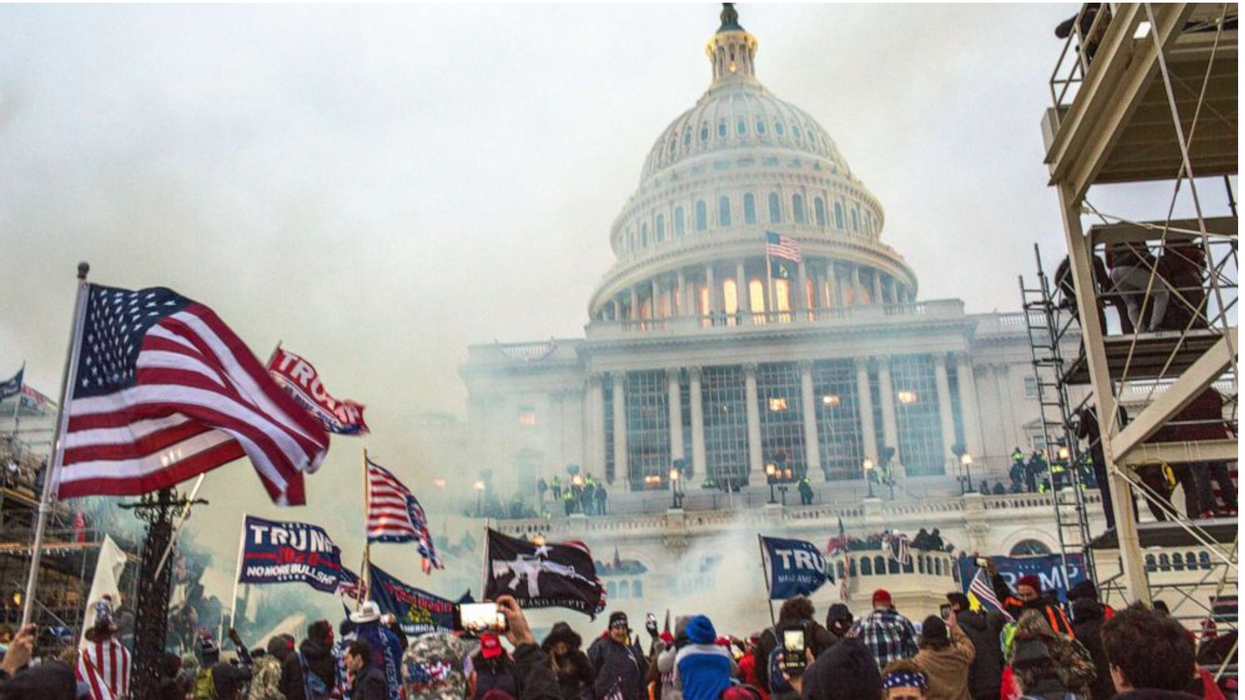Our question about the price of freedom received a light response. We asked:
What price have you, your friends or your family paid for the freedom we enjoy? And what price would you willingly pay?
It was a question born out of the horror of images from Ukraine. We hope that the news about the Jan. 6 commission and Ketanji Brown Jackson’s Supreme Court nomination was so riveting that this question was overlooked. We considered another possibility that the images were so traumatic, that our readers didn’t want to consider the question for themselves. We saw the price Ukrainians paid.
One response came from a veteran who noted that being willing to pay the ultimate price for one’s country and surviving was a gift that was repaid over and over throughout his life. “I know exactly what it is like to accept that you are a dead man,” he said. What most closely mirrored my own experience was a respondent who noted her lack of payment in blood, sweat or tears, yet chose to volunteer in helping others exercise their freedom.
Personally, my price includes service to our nation, too. The price I paid was the loss of my former life, which included a husband, a home and a seemingly secure job to enter the political fray with a message of partisan healing and hope for the future. This work isn’t risking my life, but it’s the price I’ve paid.
Given the earnest question we asked, and the meager responses, I am also left wondering if we think at all about the price of freedom? Or have we all become so entitled to our freedom that we fail to defend freedom for others? Or was the question poorly timed?
I read another respondent’s words as an indicator of his pacifism. And another veteran who simply stated his years of service. And that was it. Four responses to a question that lives in my heart every day. We look forward to hearing Your Take on other topics. Feel free to share questions to which you’d like to respond.
Your responses, edited for clarity and length:
I served in the U.S. Army as a military police officer from 1994 to1999. ~Robert Hammock
Here’s my take. This is a profoundly important question. I, my friends and my family have paid little for the freedom we enjoy. As with all Americans, we are interdependent and benefit from the endeavors, commitments and losses of many Americans, past and present. We tend to lose sight of how central their contributions are to the privileges we enjoy. The second part of the question is easier to answer: my life. The proof of it is that, as a Navy pilot in an earlier life, I directly confronted paying that price. I was ridiculously lucky; my margin of error was about 30 feet, a distance you cover at 275 miles per hour in less than half a second. Would I do it again? Yes, even if the margin disappeared. I know exactly what it is like to accept that you are a dead man. At 88, I have a much better grasp than I did at 23 about what is at stake. I have already been repaid many times over. ~Al Bell
Cooperation builds. Confrontation destroys. To paraphrase Dr. Martin Luther King Jr., "We have to learn to live and work together as brothers and sisters, or we shall surely perish as fools." ~Fred Golder
What price have I paid for freedom? Nothing in terms of blood, and darned little sweat and tears. Why? Because I am an older, well-educated, upper-middle-class white woman.
I have never been required to defend the country in war. The closest we have come to war bonds or ration cards in my lifetime is probably the Vietnam War tax surcharge, or possibly being told by George W. Bush to purchase things after 9/11. Instead, I volunteer to get people registered, to try to motivate them to pay attention to politics, and to encourage them to vote. It feels like damned little. And our freedom feels more precarious every year. ~Kathleen Finderson




















